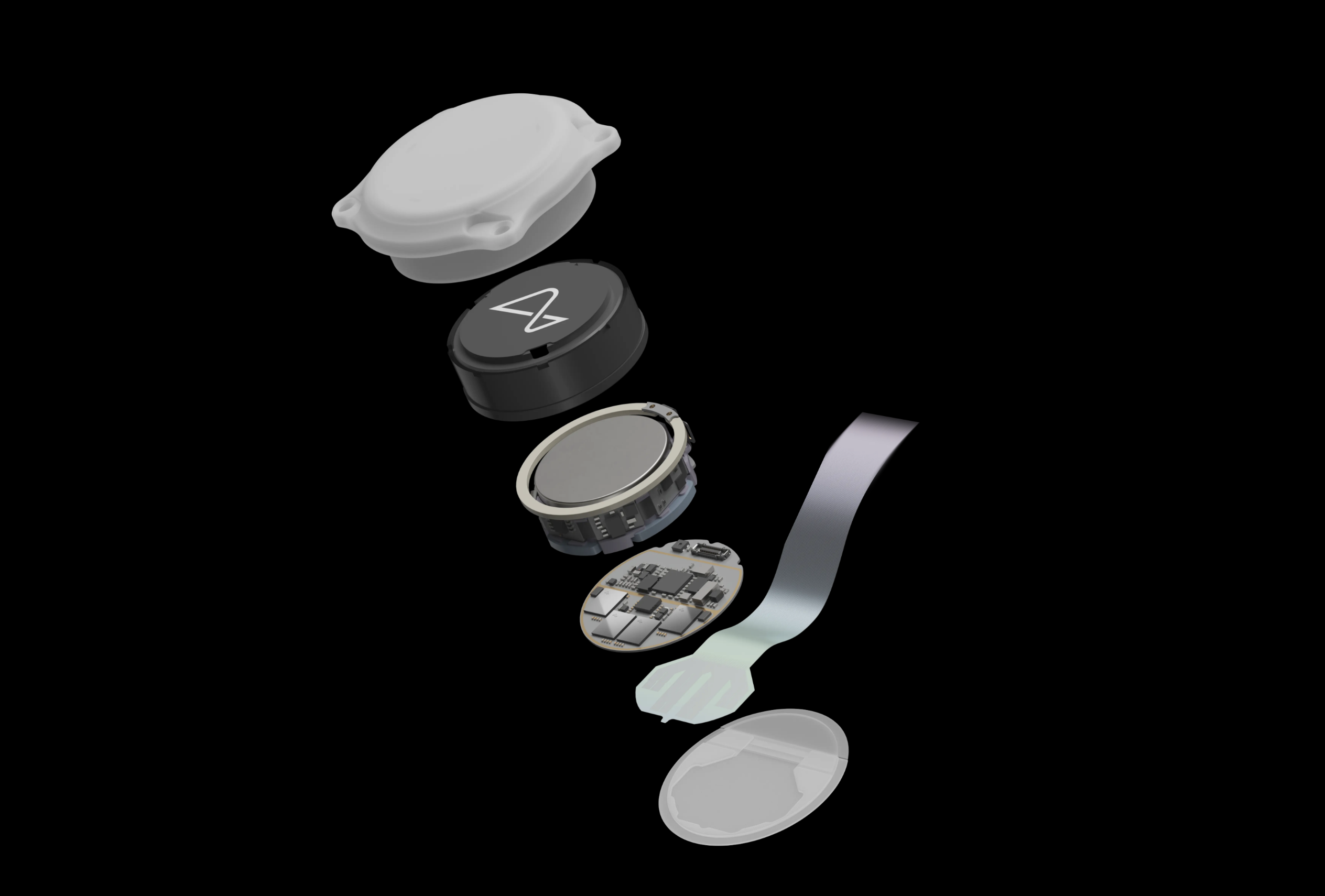Neuralink, a company founded by Elon Musk, has implanted its first brain chip in a human patient, Noland Arbaugh. Since the implantation in January, Arbaugh has experienced promising results. However, concerns about the security of the brain chip have emerged. This article explores Arbaugh’s experiences and addresses the potential risks of hacking.
The Brain Chip Experience
Noland Arbaugh, a 29-year-old quadriplegic, received Neuralink’s brain chip and has seen significant improvements in his daily life. The chip, which is about the size of a coin, contains thousands of electrodes that monitor and stimulate brain activity. Arbaugh shared that the chip has given him more independence and has allowed him to reconnect socially.
Daily Uses of the Brain Chip
Arbaugh has been using the brain chip to perform various tasks:
- Messaging people on X (formerly Twitter)
- Using Instagram
- Replying to emails
- Playing fantasy sports
- Reading comics online
- Learning Japanese
- Booking hotels
These activities highlight the chip’s potential to enhance the quality of life for individuals with physical disabilities.
Security Concerns: Can the Brain Chip Be Hacked?
When asked about the possibility of the brain chip being hacked, Arbaugh confirmed that it is theoretically possible. He explained that a hacker might be able to see some brain signals and data collected by Neuralink. However, Arbaugh downplayed the potential impact of such a hack, stating that it wouldn’t do much harm.
Potential Risks
Arbaugh noted that if his brain chip were hacked while connected to his computer, a hacker could potentially control his mouse cursor and access his messages and emails. Despite acknowledging these risks, he seemed unfazed, saying, “It is what it is. I think if it happens, it happens.”
Looking Ahead
Neuralink’s founder, Elon Musk, has ambitious plans for the brain chip. He predicts that the chip could one day solve mental conditions like autism and schizophrenia. Musk envisions the brain chip becoming mainstream, likening it to having a “Fitbit in your skull.”
Neuralink’s brain chip has shown significant promise in improving the lives of individuals with disabilities. While there are valid concerns about security and hacking, the potential benefits of this technology are substantial. As Neuralink continues to develop and refine its brain chip, addressing these security concerns will be crucial to its success.



